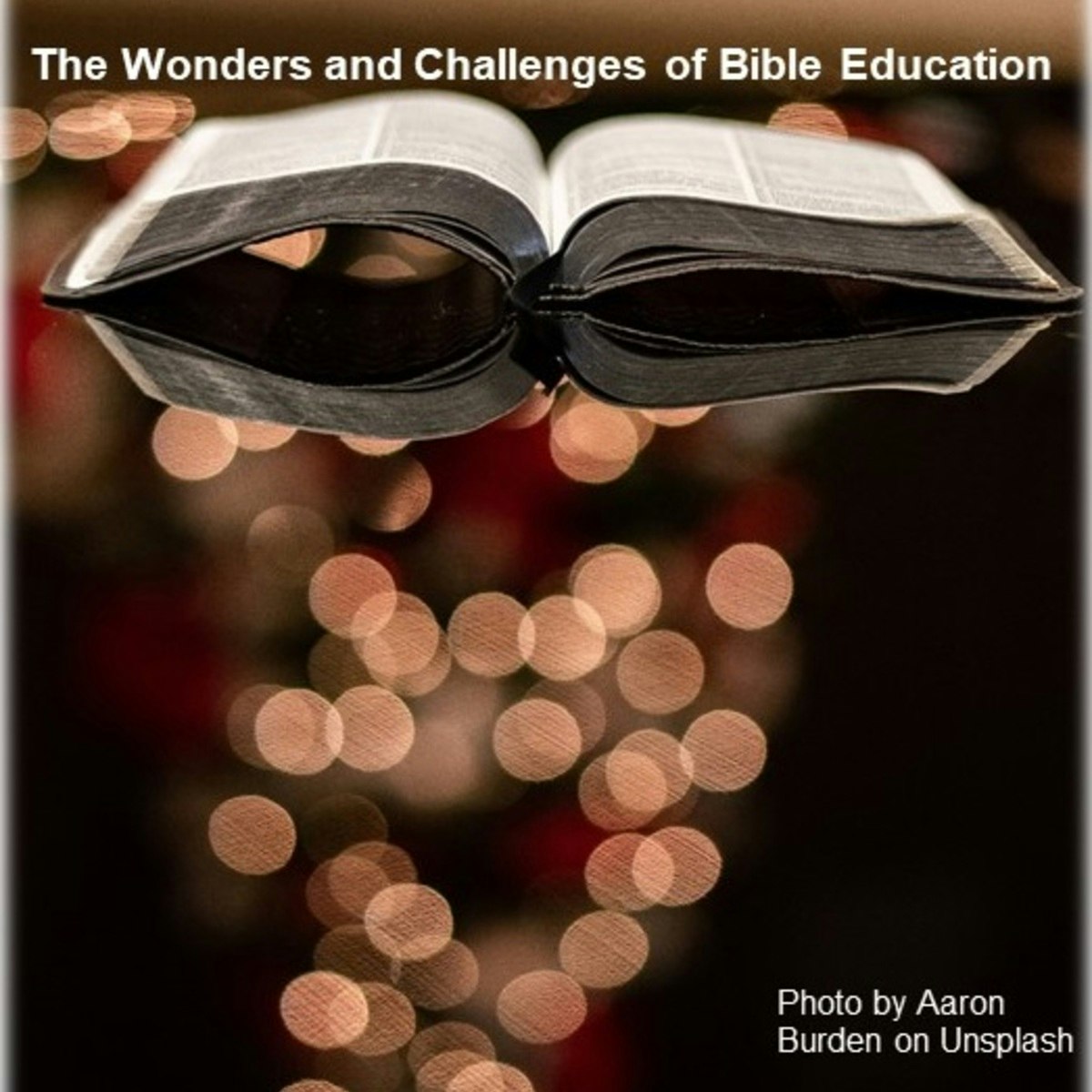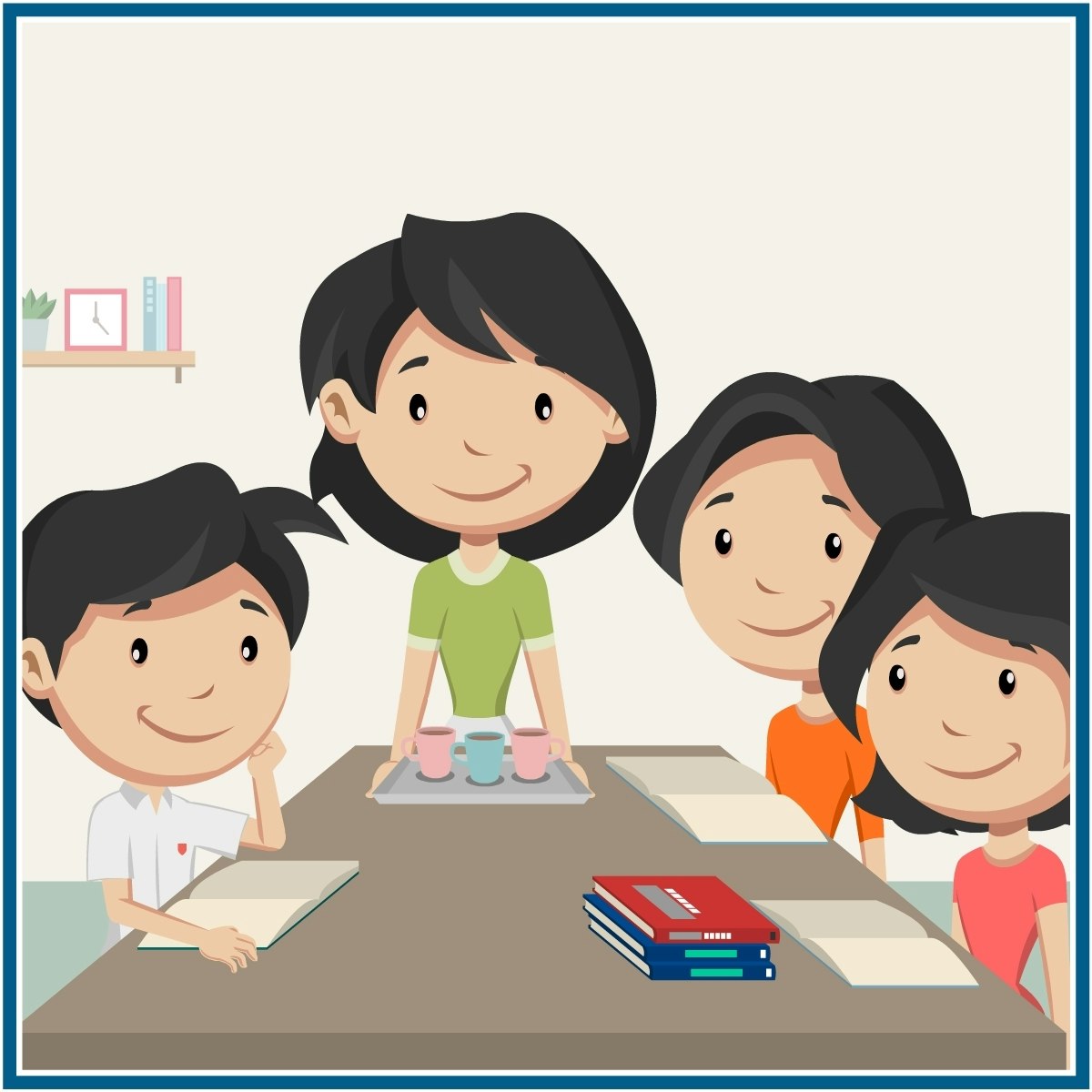Back to Courses









Education Courses - Page 16
Showing results 151-160 of 264

Foundations of Teaching for Learning: Learners and Learning
The Foundations of Teaching for Learning programme is for anyone who is teaching, or who would like to teach, in any subject and any context - be it at school, at home or in the workplace. With dynamic lessons taught by established and respected professionals from across the Commonwealth, this eight course programme will see you develop and strengthen your skills in teaching, professionalism, assessment, and more. As you carry on through the programme, you will find yourself strengthening not only your skills, but your connection with colleagues across the globe. A professional development opportunity not to be missed.
The teacher’s work becomes meaningful when it is informed by research and theories of learning, and their relationship to actual practice. This course provides an opportunity for you to identify and understand students’ expectations and prior learning.
Enhance your course by joining the Commonwealth teaching community on our website, Facebook and Twitter.

Teacher SEL: Programs, Possibilities, and Contexts
Social and emotional learning, or SEL, student programs have flourished in schools during the last decade. Unfortunately inadequate attention has been paid to teachers’ social and emotional learning.
In this course the instructors (Randy Testa and Dan Liston) introduce and examine distinct and established teacher SEL programs, as well as some alternative possibilities.
This course is a part of the 5-course Specialization “The Teacher and Social Emotional Learning (SEL)”. Interested in earning 3 university credits from the University of Colorado-Boulder for this specialization? If so check out "How you can earn 3 university credits from the University of Colorado-Boulder for this specialization" reading in the first module of this course for additional information.
We want to note that the courses in this Specialization were designed with a three-credit university course load in mind. As a participant you may notice a bit more reading content and a little less video/lecture content. Completing and passing the SEL Specialization allows the participant to apply for 3 graduate credits toward teacher re-certification and professional enhancement. We want to ensure the quality and high standards of a University of Colorado learning experience.
Interested in earning 3 graduate credits from the University of Colorado-Boulder for The Teacher and Social Emotional Learning (SEL) Specialization? Check out "How you can earn 3 university credits from the University of Colorado-Boulder for this specialization" reading in the first week of this course for more information.

Queering the Schoolhouse: LGBTQ+ Inclusion for Educators
In this course, you will learn about the history of LGBTQ+ issues in education and develop strategies for building more inclusive learning environments for students, teachers, and community members. This course will provide you with insights and equip you with strategies for exploring inclusion for lesbian, gay, bisexual, transgender, and queer or questioning learners in your specific professional context. Throughout the videos, reading assignments, and additional resources we’ve provided, you’ll be exposed to a range of concepts and techniques for enhancing LGBTQ+ inclusion. You’ll be challenged to integrate those concepts and techniques in your practice as an educator. We’ve created this course for anybody who’s interested in learning more about LGBTQ+ identities and experiences. We specifically designed it for educators who want to explore issues related to LGBTQ+ inclusion in their classrooms. Whether you’re brand new to this topic or you’ve been thinking and talking about LGBTQ+ issues for most of your life, we hope you’ll learn and grow as you work through this class.

Improving Content Mastery with Quizlet
By the end of this project, you will be ready to use Quizlet to help students master any content. With the study sets, quiz modes, and in-class games Quizlet provides, memorization is made easier making mastery an achievable goal. Throughout each task in this project, we will work together to ensure that you are ready to use Quizlet with your students. By the end, we will have created and curated study sets that you can use with your class right away.
*You will need a free Quizlet account for this project.

Training and Learning Online
Have you considered completing online training programmes and courses? Or perhaps you have to work online for your studies and you are not sure how to do it?
Learning online is very different from face-to-face learning, as it often involves independent study and a different set of skills. On this course, you will develop effective online learning strategies that work for you, whether you are learning for work, leisure or for your studies, so that you can make the most of it.
- You will discover how to learn from different media, and acquire practical skills like note-taking and how to reflect on your learning so that you can draw meaningful conclusions.
- You will learn how to communicate online so that you can contribute to online learning discussions.
- You will find out about online collaboration tools and practice the skills you need to be able to manage productive collaborative work online.
- The course also explores best practice for conducting online research, using online research tools and evaluating online information.
By the end of the course, you will have learnt essential study techniques and skills. These will help you to learn effectively online, as part of developing your knowledge, skills, training or continuing professional development.

K-12 Blended & Online Learning
This course introduces teachers and interested adults to K12 blended and online learning. Participants will design a blended or online unit and develop one module to use with K12 students.

Critical Thinking Skills for University Success
In this course, you will learn how to develop your Critical Thinking Skills to help you achieve success in your university studies. After completing this course, you will be able to:
1. Use critical thinking and argumentation in university contexts to improve academic results
2. Understand the importance and function of critical thinking in academic culture
3. Use a variety of thinking tools to improve critical thinking
4. Identify types of argument, and bias within arguments, in order to better evaluate the strength of arguments
5. Use evidence to support claims in arguments
6. Apply critical thinking and argumentation to real world problems and issues

The Wonders and Challenges of Bible Education
Biblical figures play a central role in understanding the richness of the text and provide extraordinary educational opportunities for engaging students in meaningful discourse about its relevance for their lives. This course will focus on examining and analyzing Biblical characters, and give you access to different pedagogical techniques of teaching Bible in the classroom. We will learn about the challenges facing the Bible teacher today, as well as different philosophical, developmental, social, and psychological approaches to addressing those challenges. We will also learn different approaches to examining Biblical stories, including: exegetical, hermeneutic, historical, literary, and gender theory. We will examine and analyze the pedagogic skills to implement these different approaches inside the classroom. We’ll also cover analysis of different Biblical characters and stories, and hear from some experts in the field of Bible studies and Bible education.
Using this knowledge, you will gain skills to use inside the classroom, and be able to examine and analyze different educational programs that teach Bible in order to see which best suit your approach and educational setting. If you want to teach Bible, this course is a helpful guide and overview to different approaches and techniques for doing so.
Learning Outcomes: On successful completion of this module, students should be able to:
1. Students will appreciate challenges in teaching classical Jewish texts to school students
2. Students will acquire certain exegetical and literary skills to analyze selected Biblical passages.
3. Students will be exposed to a range of different approaches to presenting Biblical characters.
4. Students will examine a range of relevant developmental, social, and psychological theories that impact the teaching of the Bible.
5. Students will examine a range of educational programs that teach the Bible and will acquire tools to critically analyze these programs.
6. Students will produce a course project that will reflect their understanding of the various issues raised.

Engaging ELLs and Their Families in the School and Community
In this course, you will learn how to better and more successfully engage your ELL(s) and their families in the school and community. You will learn how to engage your ELL student in the classroom setting as well as in various aspects of the school including extracurricular activities and the inner workings of the school and education system. You will also be introduced to strategies for engaging the families of your ELL students in the school community and the wider community of your city and state. You will interact with a variety of case studies that highlight teachers, schools, and communities in different cities throughout the United States and the ways in which they successfully engage ELLs and their families. From sharing their experience, you will have the tools necessary to implement strategies and procedures for engaging your ELLs and their families.
Upon completing this course, you will be able to:
* Define the culture of ELLs in K-12 classrooms across the U.S.
* Recognize cultural impact on learning and formal education
* Assess your school’s engagement of ELLs and their families
* Incorporate culturally sensitive techniques to engage ELLs in the classroom and school
* Implement strategies for engaging ELLs’ families in the school and larger community
* Design a plan for engagement of ELLs and their families in your school
* Create a checklist for school and community resources for engaging ELLs and
their families

Motivating Gen Z Learners: What Parents and Teachers Need to Know
The purpose of this course is to equip parents and educators with the knowledge of motivational theories and their application in real-life contexts. Following the storyline of two children, Bob and Sarah, course participants are presented with a variety of problem scenarios. These depict common motivational issues that the participants can resolve using the motivational principles described in the course. Through the various sessions, parents and educators will progressively build a repertoire of strategies that enable them to better understand the Gen Z learners and to enhance their motivation to learn. Course participants will also have the opportunity to check their own understanding through quizzes and to interact with one another through discussion forums.
This course was created with the National Institute of Education at Nanyang Technological University, Singapore.
About National Institute of Education (NIE)
As an autonomous institute of the Nanyang Technological University, the National Institute of Education (NIE), Singapore, is Singapore’s national teacher education institute and plays a key role in the preparation of teachers and in the provision of teacher professional and school leadership development programmes. Its university-based teacher education programmes leverage the strong partnerships with the Ministry of Education and Singapore schools to develop teachers who are grounded in theory and strong in practice. As an institute within a world-class research university, NIE also offers rigorous graduate education in the form of masters and doctoral programmes for local and international students.
Popular Internships and Jobs by Categories
Find Jobs & Internships
Browse
© 2024 BoostGrad | All rights reserved